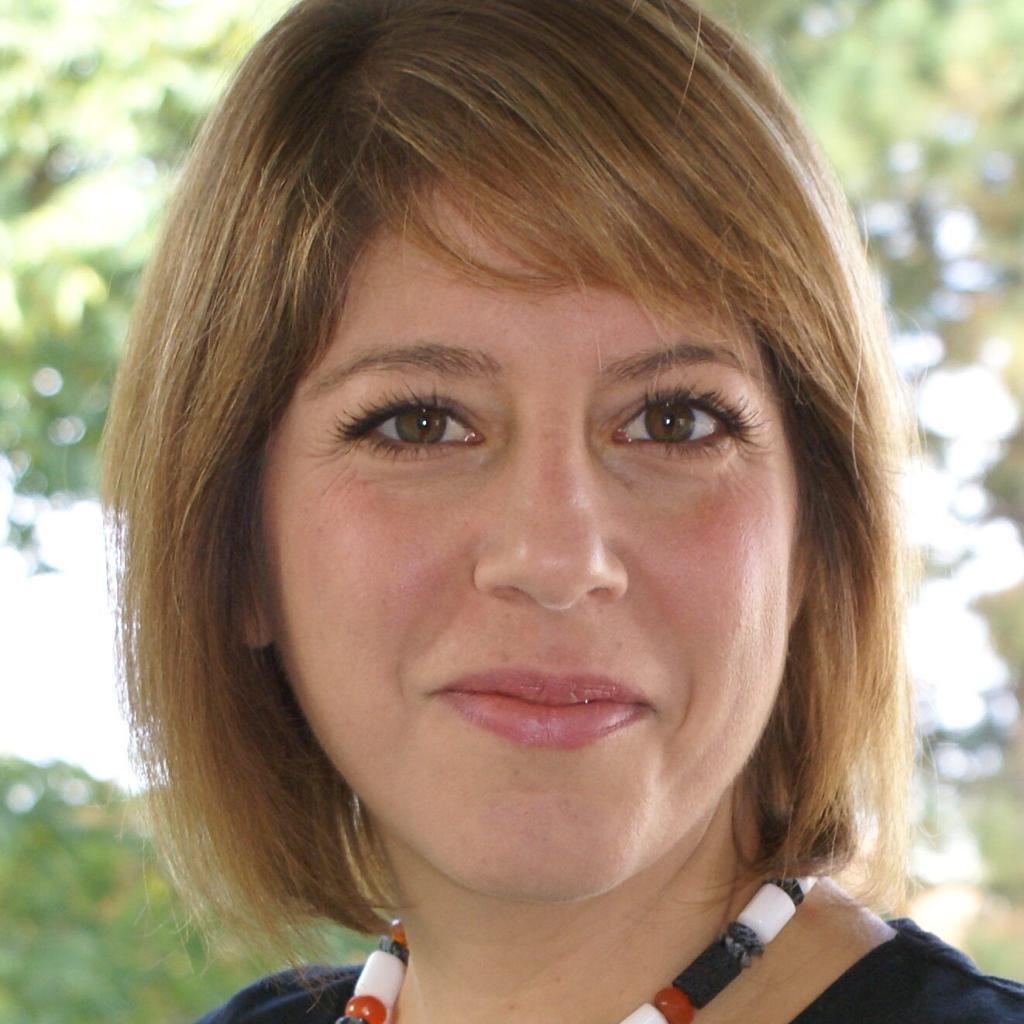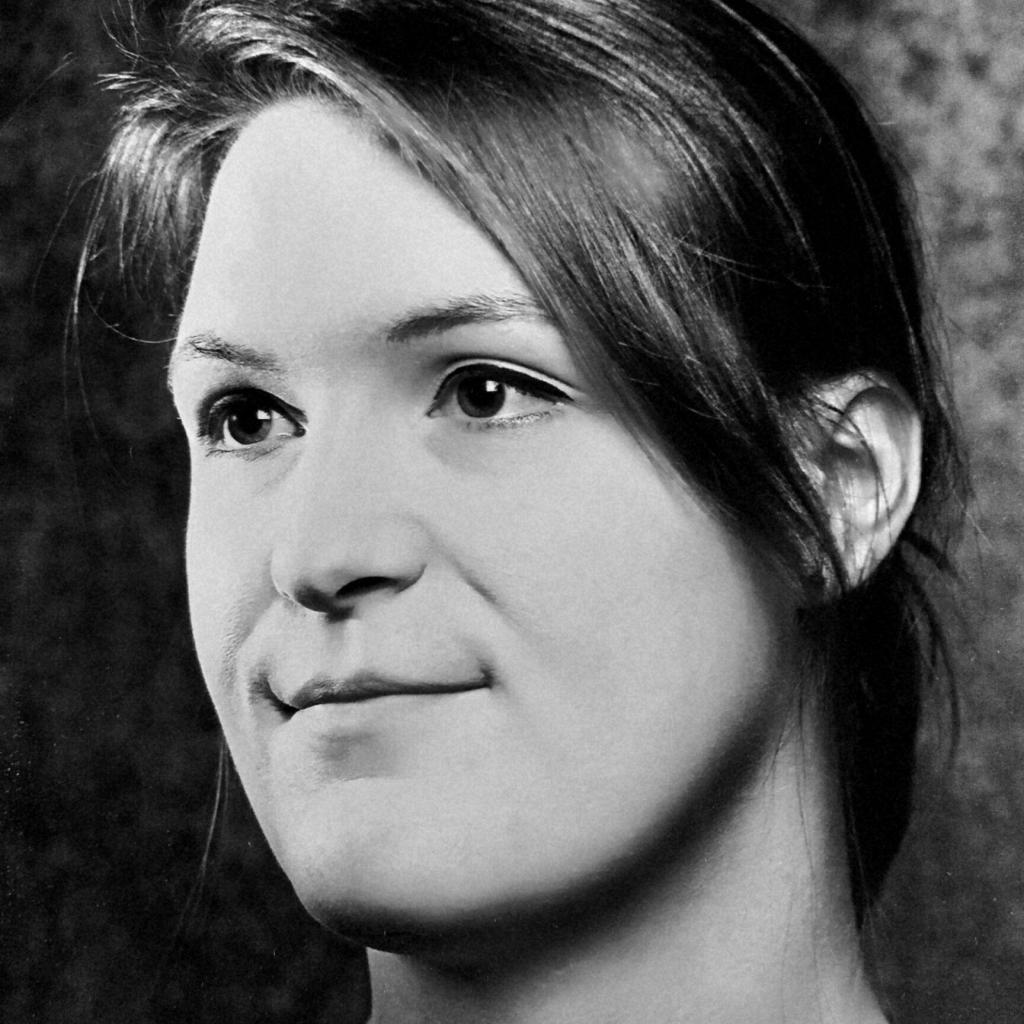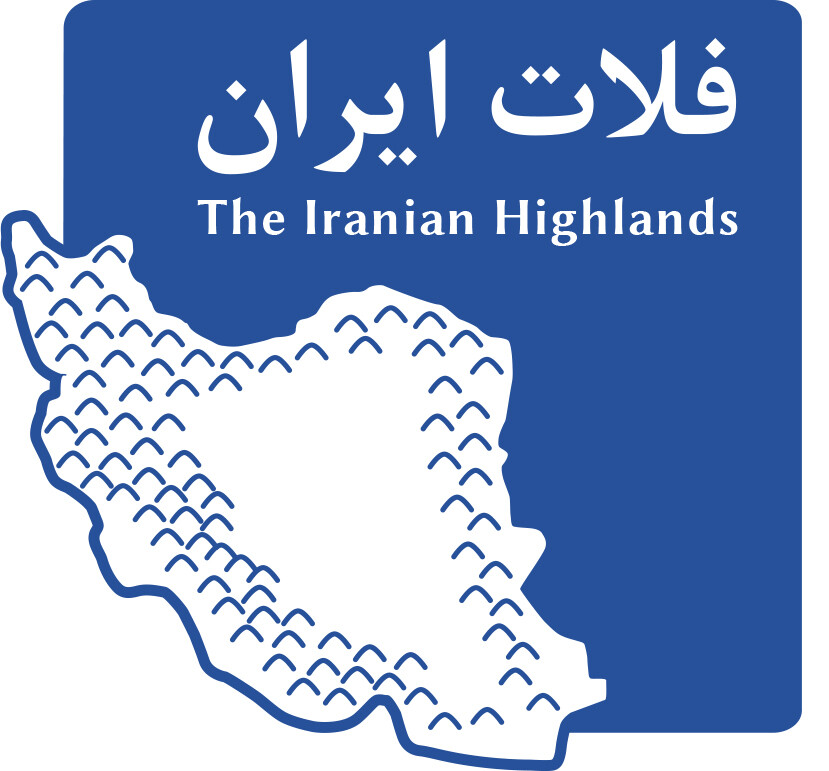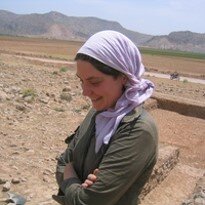.
The Iranian Highlands Coordination Programme
The Iranian highlands played a significant role in cultural developments in the Near East throughout the history of the region. For many periods, the landscapes, their resources and the specific living conditions contributed to these developments, yet the underlying cultural, social and economic processes have barely been investigated; instead, they have often remained in the shadows cast by an external perspective, in particular a Mesopotamian one. Investigations within the Iranian Highlands projects are based on three fields of research: raw material regimes, institutional relationships and mobility of the inhabitants. Various forms of crisis management and resilience, but also the integrative potential are core elements of these highland societies. The Coordination Programme describes an umbrella structure that serves to ensure the integration of different disciplinary approaches on the part of the individual projects into a joint strategy. The Coordination Programme is based at three scientific and administrative locations, the German Mining Museum Bochum and Ruhr-University Bochum, the Freie Universiät Berlin, and the German Archaeological Institute, Tehran Branch. Major tasks and responsibilities of the programme are i) the organisation of strategic meetings and ii) theme-oriented workshops, iii) the publication of these workshops, iv) the integration of Iranian scientist and foreign fellows, and v) the portrayal of the project as a whole in public (webpage), vi) with particular focus on an (online) data repository. It is an explicit goal of the Coordination Programme to develop and support mutuality with Iranian colleagues and institutions to promote common scientific goals and outcomes within the project.
Team:

Dr. Natascha Bagherpour-Kashani
German Mining Museum Bochum; Frankfurt Archaeological Museum



Miriam Skowronek, M.A.
German Mining Museum Bochum






